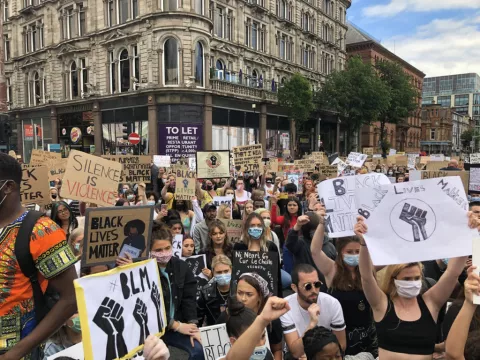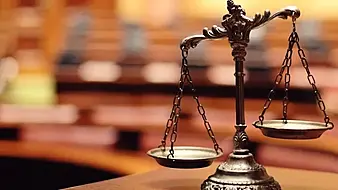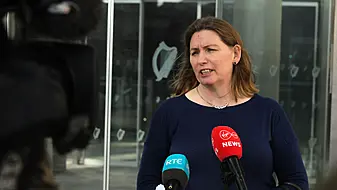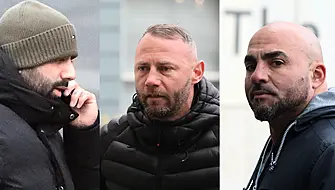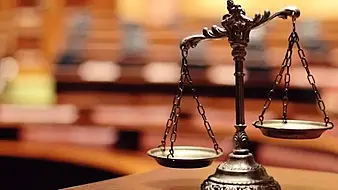No prosecutions are to be taken against Black Lives Matter demonstrators who participated in protests in the North when strict coronavirus rules on public gatherings were in place.
The Northern Ireland Public Prosecution Service said it has decided not to take action over 14 suspects reported to it for potential offences under Stormont’s Covid-19 regulations.
The decisions relate to three protests that occurred last summer – two in Belfast and one in Derry.
The PPS has issued decisions not to prosecute in relation to all suspects reported in connection with attendance at Black Lives Matter (BLM) protests in June 2020. (1/2)https://t.co/XljyrJ4Yfe
— Public Prosecution Service (@thePPSNI) June 2, 2021
Officials concluded that the test for prosecution was not met because the suspects would have been able to successfully argue a defence of reasonable excuse.
Three of the suspects were reported to the PPS in connection with a protest held outside Belfast City Hall on June 3rd, seven in connection with a protest held at nearby Custom House Square on June 6th, with a further suspect reported in connection with both demonstrations.
Three other suspects were reported in connection with a protest held in Guildhall Square in Derry on June 6th.
Three of the 14 suspects were challenging a Fixed Penalty Notice (FPN) issued by the PSNI in relation to their participation.
The reasonable excuse defence could have relied on rights of freedom of expression and freedom of peaceful assembly contained within the European Convention of Human Rights.
The PPS said the fact that the protests related to a matter of important social concerns, that they were peaceful and organised in a manner that sought to minimise transmission of the virus were also factors in the decision not to prosecute.
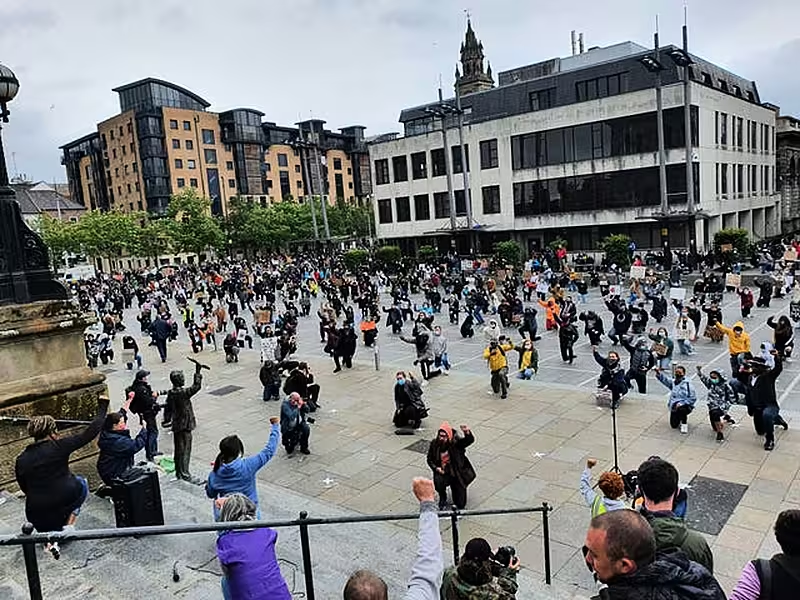
Prosecutors said there was also a lack of legal clarity in the Stormont regulations as to whether such protests were unlawful.
They said the rules did not include any definition of a “gathering” or what constituted “outdoor activity”.
At that point, there was also an absence of any provisions dealing specifically with gathering for the purposes of protest.
The PPS pointed to a “tension within the provisions” because they allowed for unrestricted numbers to gather for the purpose of an outdoor film, live concert or theatre performance.
Prosecutors said the reasonable excuses specified within the regulations were non-exhaustive.
They added that another factor was issues related to the “proportionality and consistency” of the policing approach to different protests.
They highlighted an investigation by the Police Ombudsman for Northern Ireland which found that police treated Black Lives Matter protesters differently from those who gathered at Belfast City Hall last summer for a Protect Our Statues protest.
The watchdog said concerns that the police’s handling of the Black Lives Matter protests had been discriminatory had been justified.
Explaining the non-prosecution decisions, PPS Assistant Director Martin Hardy said: “Decision-making on this file included consideration of a range of complex and novel legal issues arising from the coronavirus regulations in place at the time of these protests and relevant human rights considerations.
“It also involved a careful analysis of the particular circumstances of these protests and the conduct of the individuals reported.
“The evidence received from police was subjected to an impartial and independent application of the Test for Prosecution, in line with the PPS Code for Prosecutors.
“The prosecution team was also assisted by advice received from independent senior counsel.
“It was concluded that, in respect of each of the 14 individuals reported, there was no reasonable prospect of conviction for any offence.
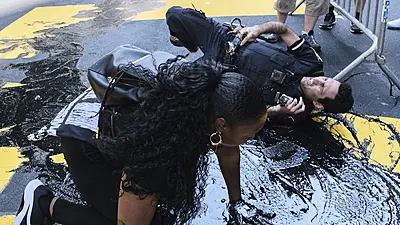
“This was on the basis that the evidence would allow the suspects to successfully raise the statutory defence of reasonable excuse. In these circumstances the Test for Prosecution was not met.”
Mr Hardy added: “The PPS can only bring a case before a court when, after a thorough consideration of all relevant matters, it is concluded that the evidence provides a reasonable prospect of conviction.
“The conclusion reached in relation to these 14 individuals – who were seeking to safely exercise their right to freedom of peaceful assembly and expression on an important social issue – is that there is no prospect of conviction in relation to any offence.”
